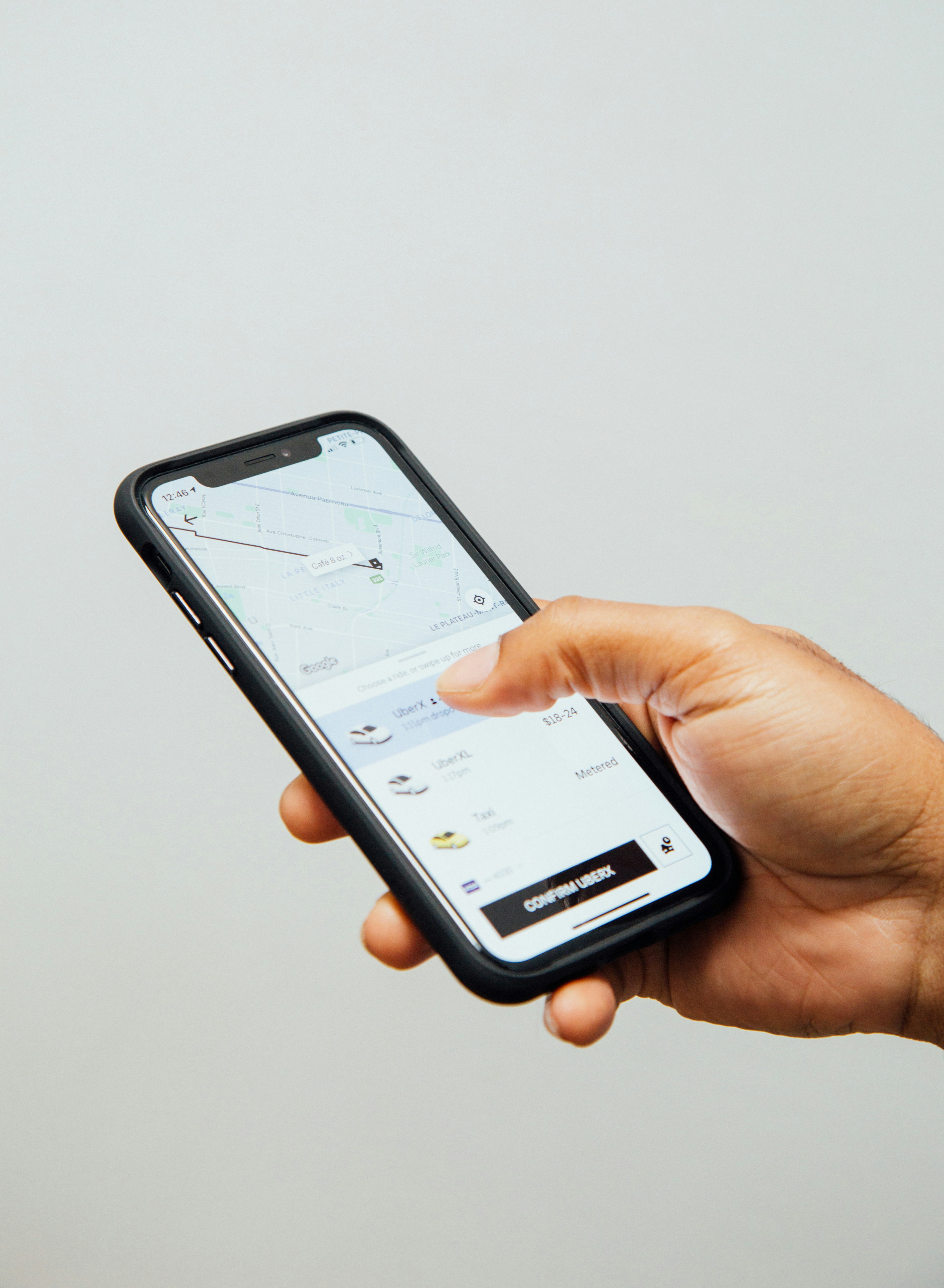Uber's innovative approach to ride-sharing has transformed urban mobility across the globe. With its latest move into Luxembourg, in partnership with the local taxi service Webtaxi, Uber is setting a new standard for transportation services in the region. This partnership brings not just convenience and advanced technology to the local populace but also a host of broader economic and societal implications.
The Partnership's Core
Uber has chosen a unique entry strategy into the Luxembourg market by partnering with Webtaxi rather than deploying its fleet. This approach leverages Uber’s robust technology platform while supporting local business, a fusion that benefits both entities and consumers. Here's what the partnership entails:
- Exceptional User Experience: Uber's app is renowned for its user-friendly interface, providing ease of use and accessibility that significantly enhance customer interactions compared to previous local options.
- Global Branding Meets Local Service: The collaboration introduces Webtaxi to Uber's vast global user base, potentially increasing demand and elevating the local taxi company to international standards.
- Expansion and Data Insights: Uber will not only expand its geographical footprint but will also gather valuable data on user behavior and pricing trends in Luxembourg. This information could dictate future business strategies and marketing approaches.
Cultural and Economic Reflections
There's a palpable disappointment among some users who had hoped for lower pricing akin to other Uber-dominated markets. This reaction sheds light on the cultural expectations of ride-sharing costs versus the reality of sustainable business practices:
- The Pricing Dilemma: It’s intriguing to see the community's reaction to Uber's pricing strategy, which aligns more closely with standard taxi fares rather than undercutting them significantly. This aligns with Luxembourg's high standards for wages and living conditions, promoting a fair compensation model for drivers.
- Sustainability vs. Cost: The debate around pricing opens up a larger conversation about what consumers value more—lower costs or sustainable practices that support the local economy and ensure fair wages for workers.
Uber's partnership with Webtaxi in Luxembourg is more than just a business deal; it is a potential shift in how we perceive and value local services against the backdrop of global technology-driven brands. As consumers, it challenges us to think about the true costs of convenience and the type of economic practices we want to support.
What are your thoughts on Uber’s approach to entering new markets? Do you see this partnership as a positive development for Luxembourg? Share your views in the comments below or on social media using #UberLuxembourg and #SustainableMobility.

Comments